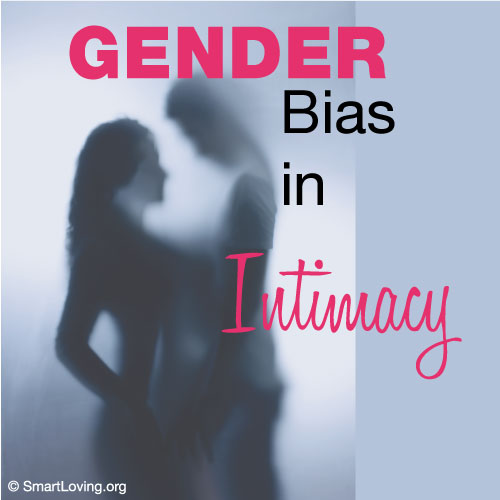Sex: for pleasure or life-giving love?
From the so-called ‘articles’ in Playboy to public billboards, the social discussion on sex and its function is ever more obvious. The cultural view of sex is that it’s an activity. We talk about ‘doing it’ and ‘we did it’; an activity primarily done or performed. Moreover, the activity of sex is very clearly categorised as recreational: unlike activities like housework and taxes, sex is expected to be fun.
Thus the goal and purpose of sex is seen as pleasure and its quality is judged by the level of pleasure it delivers. This assumption that sex should be fun has some unfortunate consequences for couples. Being sensible people with serious responsibilities like mortgages, career commitments and family duties, recreational pursuits are prioritised down. Paying the bills, mowing the lawns, cleaning the bathrooms or doing the laundry can all take priority over love making. When sex is seen as a recreational activity, it becomes the infrequent indulgence when all other duties are complete.
Moreover, the ‘pleasure’ standard can lead to a damaging judgemental attitude that produces a counter-productive performance anxiety. However, there is an alternative view, one that is gaining traction among the social sciences and has long been recognised in the Judeo-Christian tradition: sex is not so much an activity as a communication. Like body language more generally, sex is not something one does – it is something one says. |
This begs the question: if sex is a communication, then what does it say? Like all body language, sex expresses the interior disposition of the person. Just as the body expresses the inner emotions of the person through posture, facial expressions, gestures and tonal variations, sex also speaks a truth. Sex says with the body “I desire to be one with you in body, mind and spirit; to give you life and pleasure; to be permanently bonded to you through our children.” It is a message that speaks profoundly of love, commitment and the desire to seek the best for the other. It is a message that speaks into the heart of all human yearning – the universal need to love and be loved in a permanent and life-giving way.
Sex is, in fact, the bodily counterpart of the wedding vows as defined in the Judeo-Christian tradition: freely given, total and unconditional, faithful and exclusive until death, and life-giving. Thus when sex is approached as a communication, its purpose becomes more compelling than mere reciprocal pleasure: sex is for life-giving love, to renew and revitalise the spouses and their commitment to each other. Sex then is not merely a recreational activity; it is a vital and irreplaceable exchange that bonds the couple ever more deeply to each other.





Excellent article, very usefull.
Excellent article, very usefull.
THis is GREAT!!!! Thanks for sharing this Fran & Byron
THis is GREAT!!!! Thanks for sharing this Fran & Byron